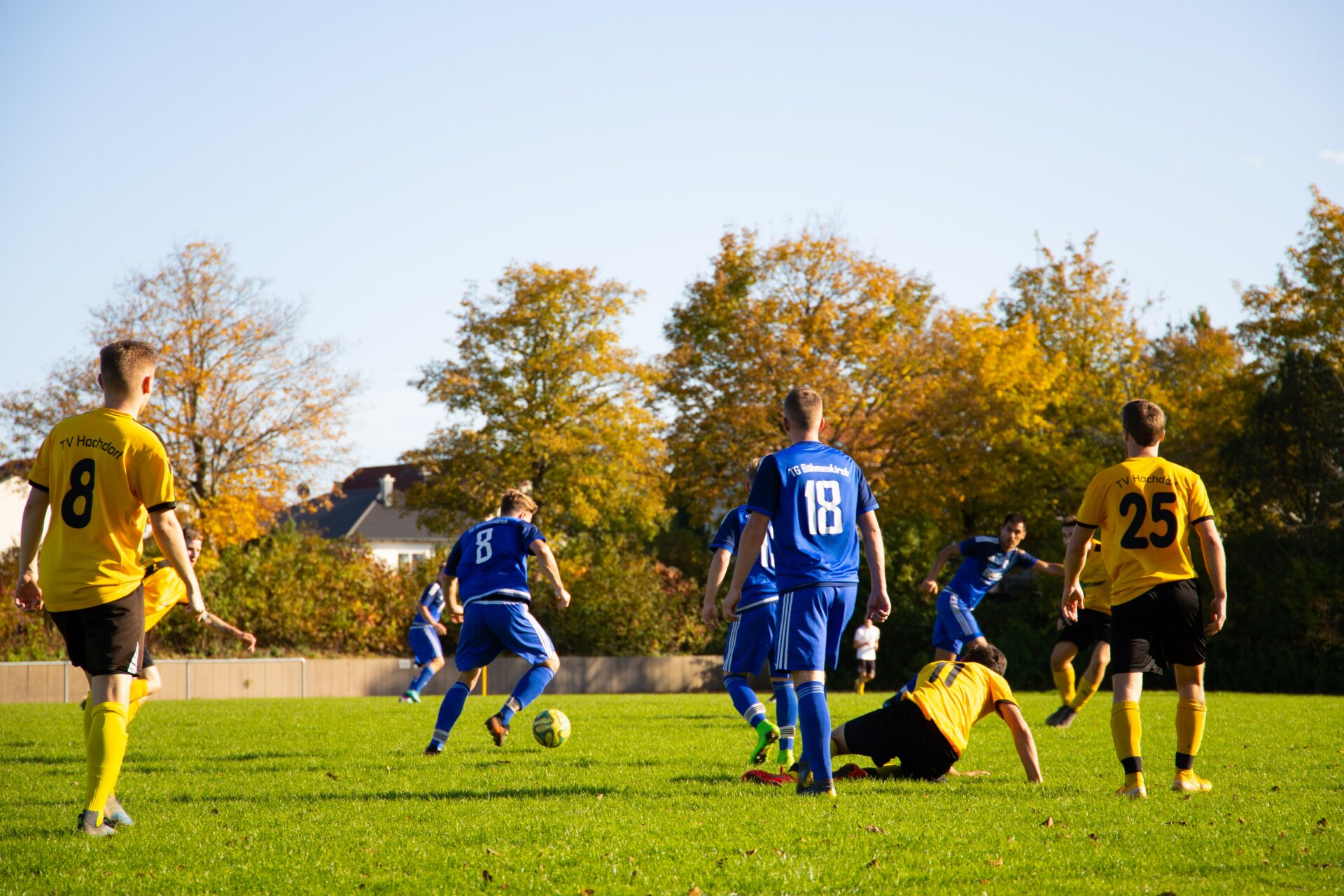Whether it’s heated soccer matches or football under Friday night lights, fall sports bring new excitement to our schedule. However, for many Lowcountry residents, this time of year also signals the unwelcome return of fall seasonal allergies.
Fall Seasonal Allergens to Tackle
Fall sports should be a time for friendly competition and celebration, but the struggle against allergies can rob your athlete of their biggest moments. By understanding the common causes of fall allergies, competitors can take control of their health and optimize their performance.
Ragweed Pollen
Ragweed pollen is the primary culprit behind fall allergies. This tiny, lightweight speck of an allergen can travel for miles on the fall breeze, making it almost impossible to avoid for allergy patients in its path. Ragweed affects about 75% of patients who experience spring allergies and can lead to a range of allergic reactions, including exacerbated asthma symptoms.
Mold Spores
Mold spores thrive in damp, moist environments – a common sight during the fall due to decaying leaves and increased humidity. Athletes who practice in areas with fallen leaves or near bodies of water may be at a higher risk of exposure. These spores can trigger allergic reactions and aggravate respiratory conditions, posing challenges for those of us striving for peak performance.
Oral Allergy Syndrome
Cross-reactivity between outdoor allergens and certain foods can cause symptoms that put you on the sidelines. For example, ragweed pollen allergies can lead to oral allergy syndrome, where the body reacts to fruits and vegetables with similar proteins to those in ragweed pollen. While symptoms are often not as severe as traditional food allergies, being aware of these potential reactions is crucial for athletes who rely on a specific diet for energy and performance.
Signs and Symptoms of Fall Seasonal Allergies
Fall allergy symptoms are quite similar across the board. If you or a loved one are experiencing the following, it may be time to book a visit with your board-certified allergist:
- Sneezing
- Coughing
- Itchy nose and eyes
- Watery eyes
- Runny nose
Strategies to Handle Fall Allergy Fouls
Remember, there’s no “I” in “team.” You’ll never be alone in your allergy journey with a board-certified allergist helping you call the plays. By working together, you can identify your symptoms with allergy testing and develop a game plan for a healthier life. Your winning allergy strategy should include the following drills:
- Check Pollen Forecasts: Stay updated on local pollen forecasts with a pollen count. Plan outdoor activities on days when pollen counts are low.
- Time Your Activities: Opt for outdoor activities when pollen counts are typically lower, such as late afternoon or after a rain shower.
- Wear Protective Gear: Wear sunglasses, hats and masks to shield your eyes, face and respiratory passages from allergens.
- Medication Management: Speak with your allergist about allergy medications that won’t hinder your performance. Non-drowsy antihistamines and targeted nasal sprays can offer relief.
- Clean Up After Outdoor Activities: Change out of your outdoor clothes and shower after workouts to remove allergens from your body.
- Indoor Alternatives: If pollen counts are particularly high, consider indoor workouts or training sessions to minimize exposure.
Gear up for relief with Charleston Allergy and Asthma!
Are allergies taking you out of the game? Charleston Allergy and Asthma’s board-certified allergy and asthma specialists are ready to support you on the road to allergy relief with allergy testing, personalized treatment plans and immunotherapy treatments. Contact our team to schedule your next allergy appointment.




